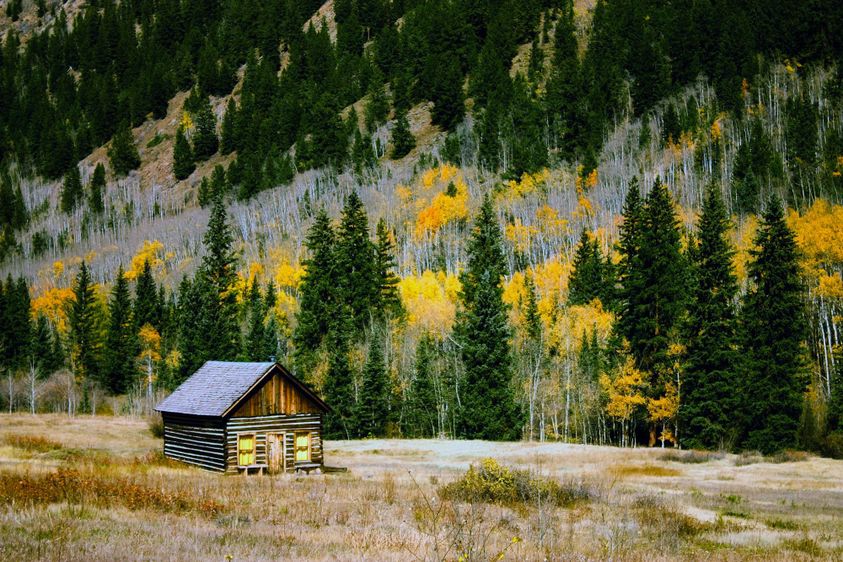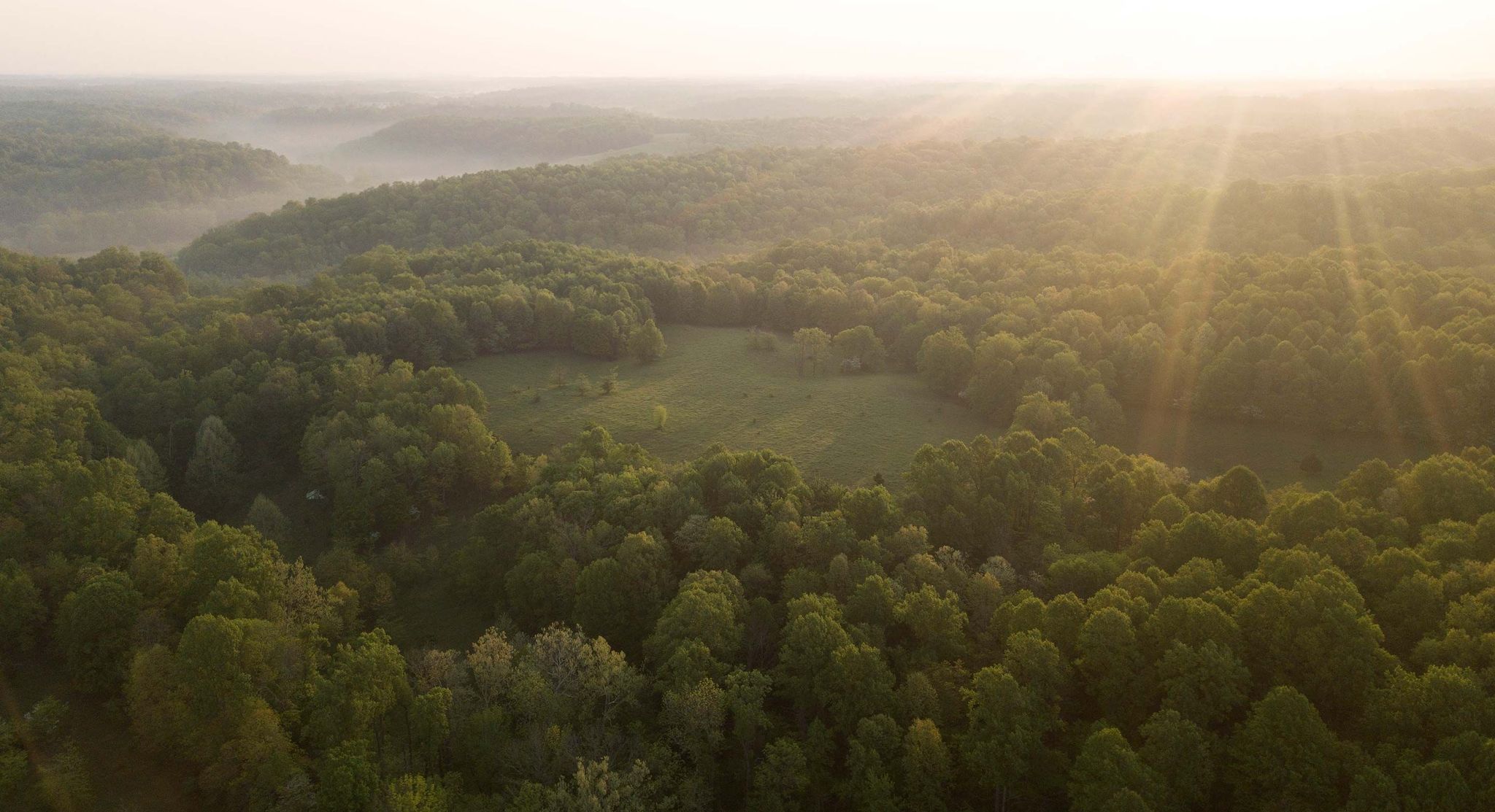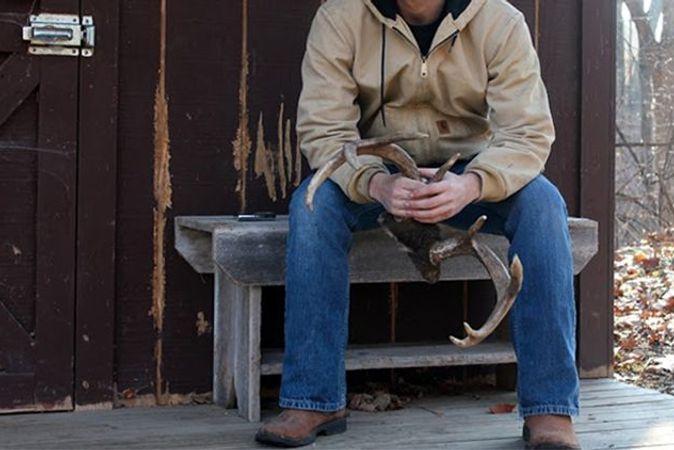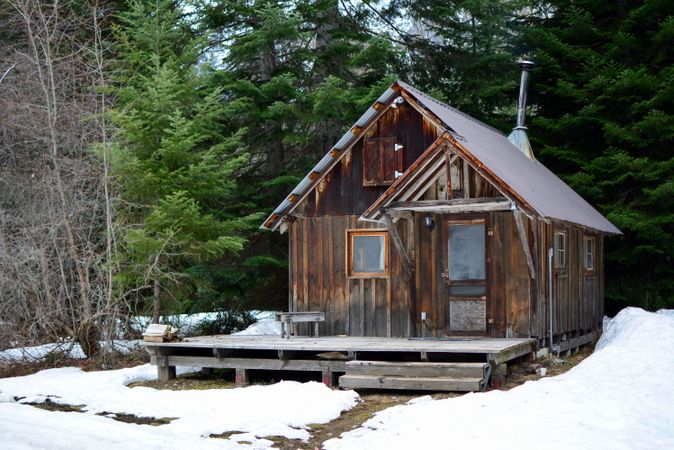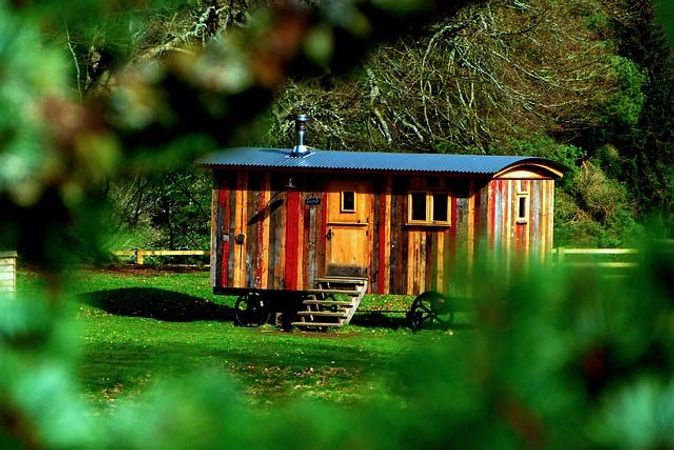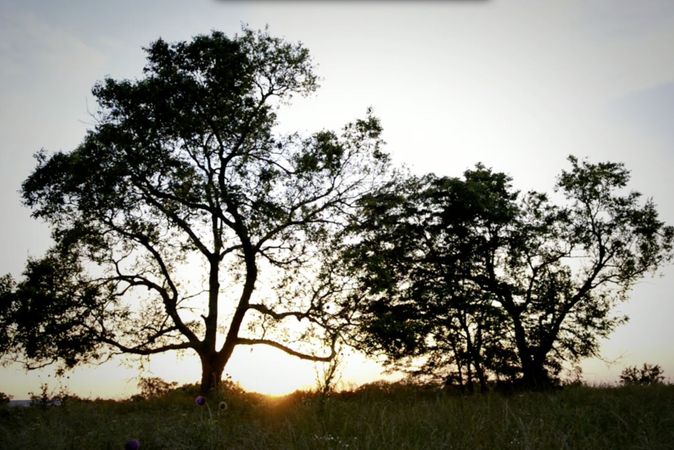Living off the grid is a bold decision more people are making. There are many things to consider before making the leap. Those include cost, how you plan to make a living and how secluded from the rest of society you want to be. Your most important consideration: what area fits your needs the most?
So you can live this liberating lifestyle anywhere you want, right? Nope. Some states have laws where it’s practically illegal to completely remove yourself from their grid system. Thankfully, there are a few states that will let you live truly free in the land of the free.
Alaska
Mountain view during the spring in Alaska.
America’s last frontier. If you’re looking for true isolation, this is it. Packed with natural beauty, this large state has one obvious drawback though, and that’s the weather. Winters here are no joke. If you’re accustomed to a milder climate, it may be difficult to grasp how cold Alaska’s winters truly are. It’s not uncommon for temperatures in the northern and interior parts of the state to average below zero for months on end. On the flip side, water will not be an issue here as the state averages roughly 74 inches of snow and 17 inches of rain a year on average. The state averages a growing period of 105 days, but if you plan to live in the northern half of the state, it’s even shorter.
The state doesn’t have strict homeschooling laws, and you don’t have to notify state officials of your plans to homeschool. With the lowest tax burden in the country, you won’t have to worry about sales tax, estate tax or inheritance tax. Black bear, brown bear, moose, caribou and deer can be hunted here. There are also no laws restricting gardening or collecting rainwater.
Tennessee
The beautiful mountains of Tennessee as seen from a valley.
Tennessee has wonderful rural areas that are scattered throughout the state. Despite being located in the south, you will experience all four seasons here with a growing period of around 260 days. On the downside, if you live in the west or central areas of the state, you will have the risk of tornadoes and summers can be uncomfortably humid at times. Turkey, deer, elk and black bears can all be hunted for food during the state’s legal hunting seasons.
Much like Alaska, Tennessee has a low tax burden. When it comes to homeschooling, you do have to notify the state and send in test scores and professional evaluations. You have the freedom to collect rainwater and, if you own a cow or cattle, you’re free to drink your cow’s raw milk.
Washington
The lush green forest floor of eastern Washington.
If you pictured living off the grid in a lush green forest, then Washington is your perfect match. The western and coastal areas of the state have a temperate climate with plentiful rainfall year-round. The eastern and Cascade Mountains areas have temperate summers, but winters are cold and snowy. Rainfall for the states averages 38 inches annually. Elk, black bear, deer and moose can be hunted during their hunting seasons. The growing season averages between 150 and 200 days depending on where you’re at in the state.
Washington’s tax burdens are not as low as Tennessee’s or Alaska’s, but they are still some of the lowest in the country. Homeschool laws are similar to those in Tennessee. You must notify the state and send in test scores and evaluations. Washington does have some strict laws on how you can construct your house, but you will also have the benefits of collecting rainwater and selling your cow’s raw milk.
Montana
Montana in the fall.
for living off the grid. The weather in the state is varied. Summers are generally mild with the occasional heatwave, but winters can be brutal with frequent snowstorms. While it’s not as harsh as an Alaskan winter, you still need to be prepared for these conditions. The yearly average rainfall is only 13 inches so you will need other ways to get water. The state averages a growing period of 120 days. Bison, black bear, turkey, moose and deer can be hunted as sources of food.
The property taxes are higher here than in most states, but their liberal building codes won’t have you jumping through hoops to get your homestead started. For homeschooling, you have to notify the state of your intent, but you won’t have to turn in any test scores or evaluations. Your livestock can roam year-round as long as you have additional feed in the winter for them. It is, however, illegal to sell or consume raw milk.
Wyoming
Wyoming's wide-open prairie.
If you’re looking for isolation but not to the extent of Alaska, Wyoming is the place for you. Being the country’s least populated state and the ninth-largest by area, the chance of having neighbors is slim. Although the population may seem perfect, the weather might deter some. The climate is best described as a semi-arid desert, meaning summers are hot and dry while winters are long and cold with frequent blizzards. Another downside is water. Because the entire state only averages 13 inches of rain a year, collecting rainwater is illegal. The average growing season in the state is around 125 days. Antelope, elk, bison, turkey and deer can be hunted during their seasons.
Aside from the climate, Wyoming is packed with benefits for living off the grid. Homeschooling laws are relaxed. You aren’t required to notify the state or send in test scores or evaluations. Construction laws and building codes are considered the country’s least restrictive. Taxes are low except for a higher than normal property tax.
Choosing a state for living off the grid comes down to your climate preferences and state laws. Whichever state you choose, make sure you are well informed and prepared before moving there.


